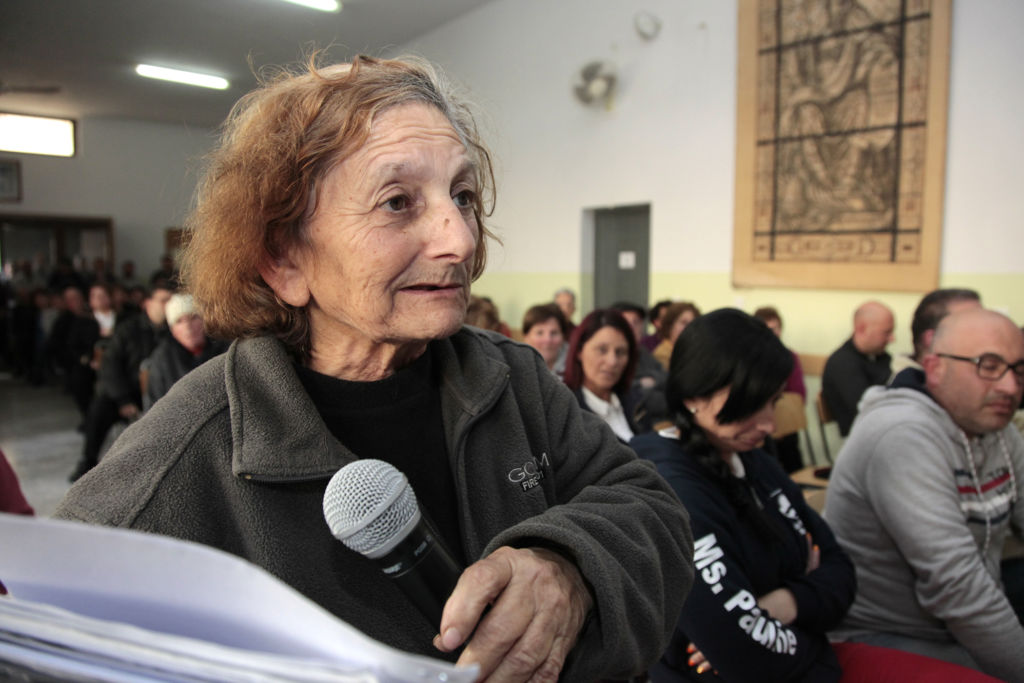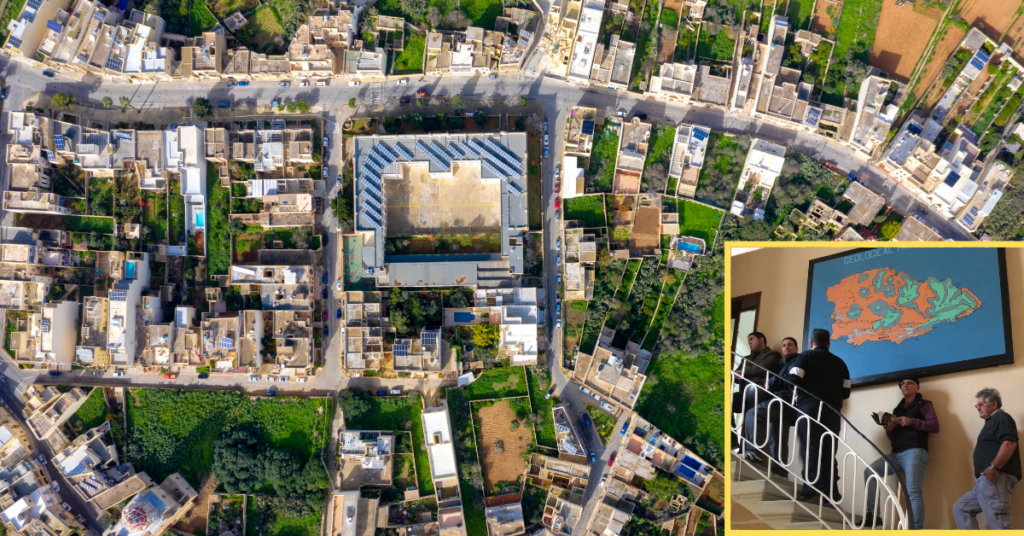Eleven years after buying a one-storey home in Nadur on a freehold basis, a Gozitan couple is being asked to pay €50,000 to a medieval foundation that has claimed ownership of the land their house is built on.
The twist is that one of the lawyers behind the foundation which is demanding the money was also involved in the sale of their property.
This couple’s experience is similar to dozens of other Nadur residents, some of whom have had their homes for generations.
The residents’ anxiety, leading to serious medical conditions in some cases, has grown in the past year since they found out the land on which their homes are built was registered by a foundation, or benefice as it is technically known, controlled by senior lawyers, an ex-magistrate and six Sliema siblings.
Speaking in parliament two weeks ago, Parliamentary Secretary Alex Muscat described the land registration as “anomalous” and said he is still seeking ways “to turn back the clock on what happened in Nadur so that those registrations are revoked”.
The Prime Minister and the Gozo Minister also vowed last year to stand by the residents but a year since the registration, as they are being approached to pay up, the residents are losing hope in politicians’ promises.
The uncertainty has taken a toll on residents’ health. Stories abound of sudden health manifestations – people developing hypertension, an old man with a vein popping in his eye, fatigue due to worry and interrupted sleep – particularly among elders in the community.
Their troubles started a year ago when Gozitan lawyer Carmelo Galea registered two plots of land amounting to almost four football pitches, on which about four dozen houses sit, under the ownership of the Benefiċċju ta’ Sant Antonio delli Navarra.

The benfiċċju, or benefice, was set up in 1675 to raise funds for pious deeds from the lease of vast lands in Gozo belonging by noblewoman Cosmana Navarra, an extremely religious Sicilian woman who also funded the construction of St Paul’s Church in Rabat, engaging the best architect and artists of their time to work on the church. The lands in Nadur, called Iċ-Ċens tan-Nadur, are a small part of the lands that form part of benefice lands.
The Nadur registrations triggered panic in Gozo, with queues of hundreds forming outside the premises of the Land Registry to check whether their property was still registered in their name.
Among the affected residents were Doreen and Stephen Muscat, who records show bought their home from property developer Joseph Portelli around 11 years ago, with the involvement of Carmelo Galea. Although the exact involvement of Galea in the sale could not be established, Planning Authority records show that in 2008 Galea applied for a development permit to knock down the existent building and construct two houses with pools. A permit was granted in 2008, but the construction never took place because the existent house was sold to the Muscats’ the next year.
In contacts between the Muscats’ and the benefice, including Galea, sources said that the Muscats’ were asked to pay €50,000 in return for deregistering the portion of land on which their house sits. They have refused to pay.
Sources have also said that in offers to other residents, Galea has been making requests for sums ranging from €10,000 to €70,000, depending on the particulars of each case.
The Muscats have shied away from giving comments to the press.
In answer to questions about these requests, Galea said: “My letters are simply an offer to the interested persons to try and reach an amicable settlement. The occupiers are, of course, at complete liberty to take up that advantageous offer or refuse it; and if they refuse it, it will be the courts that will decide who is in the right and who is in the wrong.”
Stay tuned for more developments today and later this week. This is the first part of a series of stories being published jointly by Lovin Malta and The Shift about an ongoing land dispute in Gozo. The investigative team had strategic and research input by Chris Peregin and Caroline Muscat.


Recent Comments